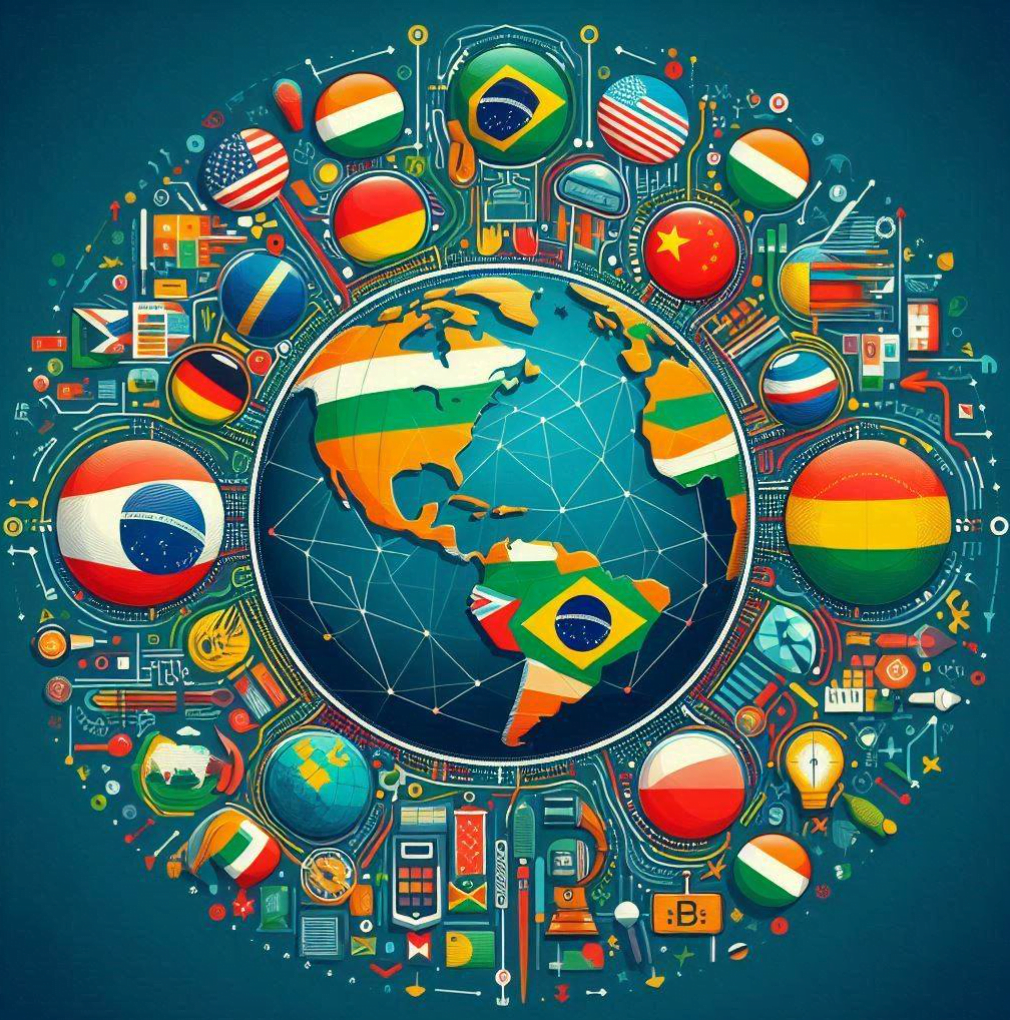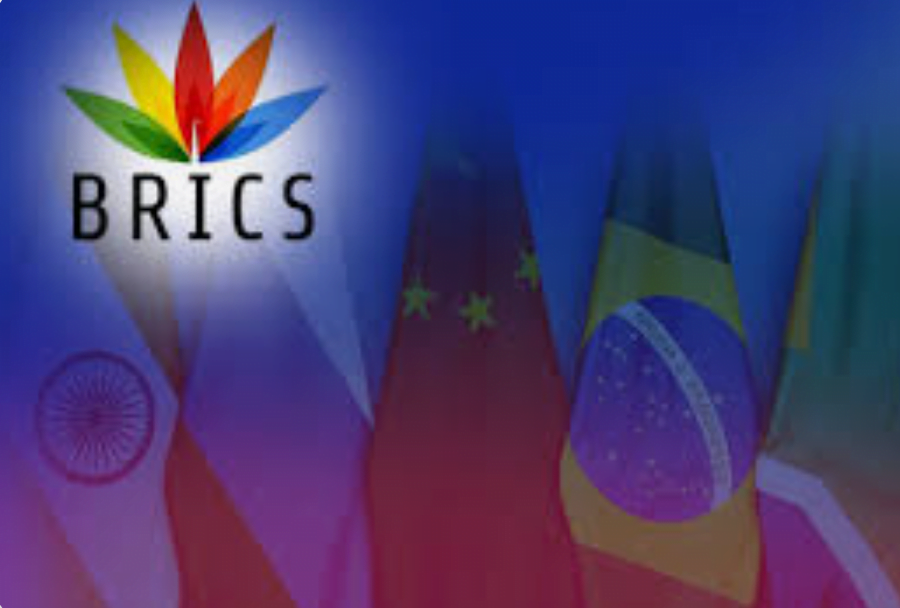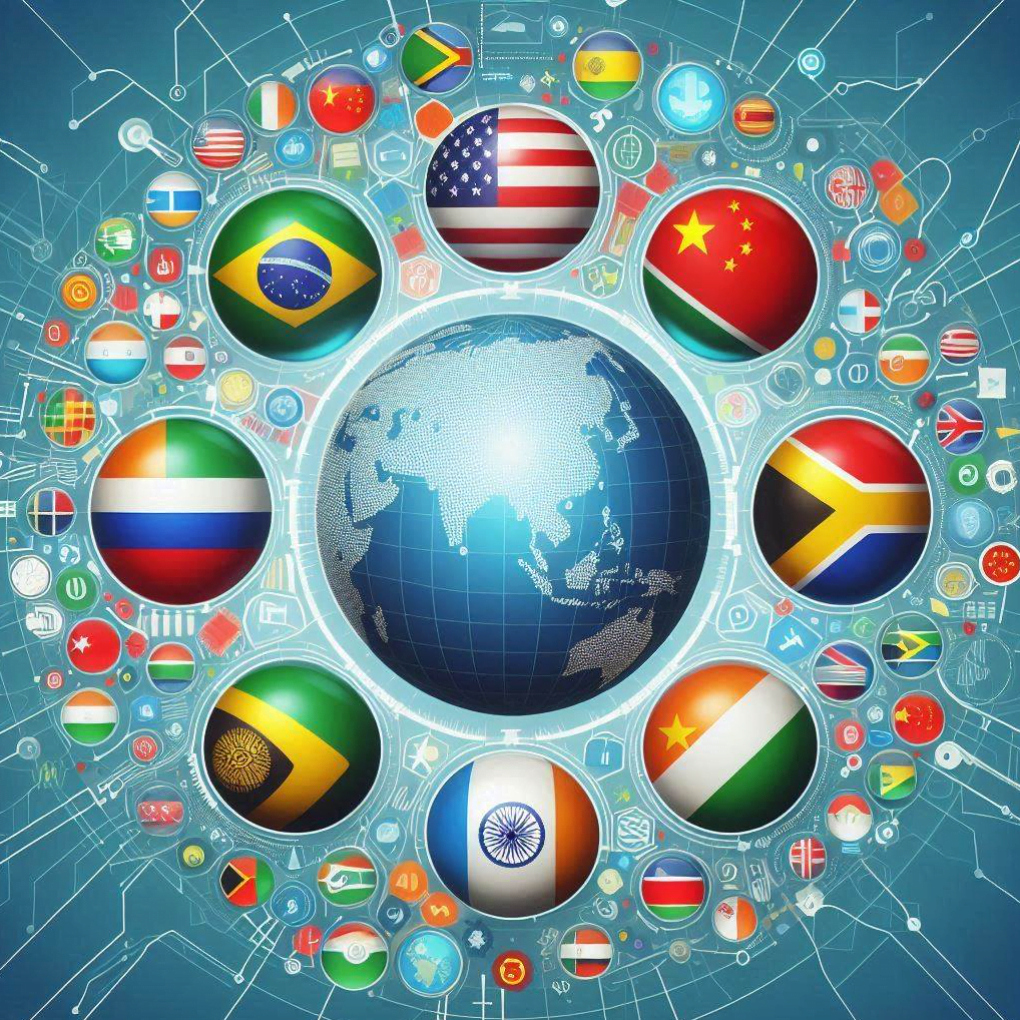B.R.I.C.S Nation 2024

B.R.I.C.S 2024
Social media and news in cryptocurrency space starts to mention the BRICS, so what is the BRICS?
Let’s delve into a bit here , the BRICS – an acronym for Brazil, Russia, India, China, and South Africa. These five countries, originally considered emerging economies, have played a significant role in shaping the global economic landscape. let’s have an overview of the BRICS, their economic impact, and their stance on cryptocurrency.
The BRICS Who are they?
The BRICS group emerged in the early 2000s, initially comprising Brazil, Russia, India, and China. South Africa joined later, expanding the group. Here’s a closer look at each member:
- Brazil: Known for its vibrant culture and natural beauty, Brazil has faced economic challenges but remains a key player in the BRICS.
- Russia: Once a superpower, Russia’s post-communist economy has struggled to keep pace. Nevertheless, it contributes to the BRICS’ collective strength.
- India: India’s impressive growth has made it a rising star, although its relative share of global GDP has shrunk compared to China’s.
- China: The powerhouse of the BRICS, China’s rapid growth has propelled it to become the world’s second-largest economy.
- South Africa: Although smaller in size, South Africa’s inclusion in the BRICS reflects its stability and strategic importance in Africa1.
As of January 1, 2024, the BRICS alliance has expanded to include ten member nations. Let’s take a closer look at the new additions:

BRICS Nation
- Saudi Arabia: Despite a delay in confirmation, Saudi Arabia officially joined the BRICS group. Its membership aims to enhance the influence of emerging economies in international politics.
- Egypt, Ethiopia, Iran, and the United Arab Emirates (UAE): These countries were also invited to become members. Their inclusion further strengthens the BRICS bloc.
Together, these ten nations represent a combined population of approximately 3.5 billion people, accounting for 45% of the world’s inhabitants. Their economies are collectively worth over $28.5 trillion, constituting around 28% of the global economy. Additionally, with Iran, Saudi Arabia, and the UAE as members, the BRICS countries produce about 44% of the world’s crude oil1[1]22.
Economic Impact
The BRICS countries collectively hold substantial economic clout. Let’s explore their GDP figures:
- China: With a GDP of over $16.86 trillion in 2021, China leads the pack.
- India: India’s economy, around one-fifth the size of China’s, has witnessed impressive growth.
- Russia: Despite its challenges, Russia maintains a significant GDP.
- Brazil: Brazil’s growth slowed, but it remains an essential player.
- South Africa: The smallest economy in the group, South Africa contributes due to its stability and regional significance.
Combined, the BRICS bloc boasts a GDP exceeding $25.85 trillion, slightly surpassing that of the United States. China’s rapid growth has positioned it as a global economic giant, and India is on track to follow suit in the coming decades.
Political and Economic Implications
The BRICS’ influence extends beyond economics. Here are some key points:
- Geopolitical Uncertainty: As the BRICS formalized their cooperation, concerns arose about authoritarian state capitalism and the potential unravelling of the liberal order. Recent events, such as Russia’s invasion of Ukraine, have heightened these concerns.
- De-Dollarization: The BRICS have actively sought to reduce reliance on the U.S. dollar in settlements. They aim to create an independent payment system based on blockchain and digital technologies. This move aligns with their efforts to strengthen their role in the international monetary system.
- BRICS Bridge: Russia, the Bank of Russia, and BRICS partners are developing the BRICS Bridge multisided payment platform to enhance the global monetary system.
- Cryptocurrency: While the BRICS haven’t fully embraced cryptocurrencies, they recognize their potential. Discussions about issuing cross-national digital currencies are ongoing, signaling a desire to break away from the dominance of the U.S. dollar and SWIFT system2.

BRICS Nations Propose New Cryptocurrency Settlement System for Increased Financial Autonomy
The latest news regarding BRICS and cryptocurrency indicates that the BRICS nations, which include Brazil, Russia, India, China, and South Africa, are actively exploring the creation of a new cryptocurrency settlement system to be used between the partner nations. This system aims to facilitate international trade and investment settlements within the BRICS group. The move is part of a broader effort to decrease the reliance on the U.S. dollar in international transactions, which currently accounts for a significant portion of global trade settlements.
The proposed system would utilize digital currencies and blockchain technology to ensure secure and traceable transactions. It is part of a concerted effort to establish an independent payment system that is not dominated by the U.S. dollar, thereby reducing the impact of non-market risks and ensuring the stability of investments and settlements among BRICS countries.
The initiative is backed by the Russian Direct Investment Fund (RDIF), and the BRICS Business Council has expressed support for the development of a single payment system. The details of this new cryptocurrency have not been formally announced or detailed yet, but it is expected to play a significant role in the financial integration and de-dollarization efforts of the BRICS nations.
This development is a testament to the growing trend of countries looking to create their own digital currencies and lessen their dependence on traditional financial systems, particularly those dominated by the U.S. dollar. It represents a significant step in the evolution of global financial systems and could potentially reshape the landscape of international trade and finance in the future.

B.R.I.C.S
IN Summary,
the BRICS represent a dynamic force in global affairs, combining economic might with geopolitical aspirations. Their journey continues, and their impact remains a topic of keen interest for policymakers and analysts alike3.
The BRICS alliance seeks to challenge the dominance of Western nations in global bodies such as the International Monetary Fund and the World Bank. Through initiatives like the New Development Bank, which provides funding for infrastructure projects, the BRICS nations aim to create a greater voice and representation for emerging economies. China, in particular, views the BRICS as an opportunity to expand its influence, especially in Africa, while Russia sees it as part of its fight against Western sanctions following the invasion of Ukraine33.






